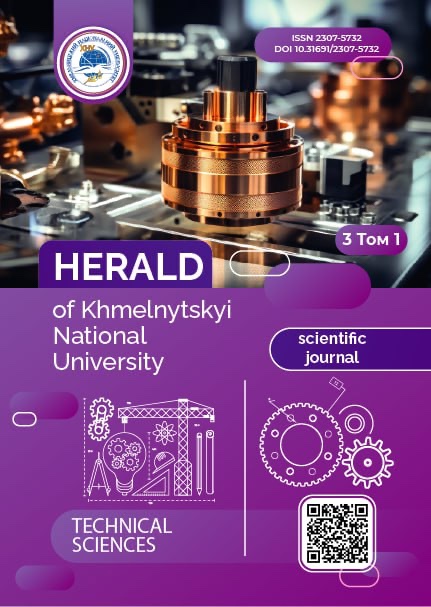IMPLEMENTATION OF DIGITAL SUBSTATIONS INTO THE EDUCATIONAL PROCESS BASED ON REAL-TIME TRAINING COMPLEXES
DOI:
https://doi.org/10.31891/2307-5732-2025-351-2Keywords:
modelling, control circuits, real-time simulator, digital substation, experimental stand, IEC 61850Abstract
In the Ukrainian power industry, there is currently a large-scale development of digital devices implemented in accordance with the requirements of the IEC 61850 standard. These include, in particular, relay protection systems, digital current and voltage transformers, automated process control systems, and monitoring systems. These technologies offer numerous advantages and facilitate the creation of digital substations.
The implementation of digital substation technology is expected to significantly reduce costs associated with the design, commissioning, operation, and maintenance of energy facilities. Furthermore, the advanced capabilities of digital technologies will substantially enhance the level of automation. It is crucial to emphasize that the deployment of digital substations should be based on a thorough assessment of the reliability of digital systems, the configuration of execution devices, the regulatory framework, and the development of publicly accessible design tools.
The concept of a "digital substation" generally refers to the establishment of a substation control system in compliance with the IEC 61850 standard. Although this standard was adopted in 2003, there remain very few power facilities in Ukraine and globally where management is fully implemented based on IEC 61850.
This article highlights the advantages of large-scale implementation of IEC 61850-based control systems, examines the reasons why digital control systems have not yet been widely adopted, and proposes strategies to overcome barriers to their implementation. Particular attention is given to integrating such technologies into the educational process of higher institutions specializing in power engineering.
According to global best practices, virtual simulators that replicate the characteristics of controlled objects and standard operational interfaces are among the most effective modern tools for training management personnel. The development of innovative approaches to ensuring the reliability of professional activities can be achieved through the integration of virtual simulators into the training process.
Downloads
Published
Issue
Section
License
Copyright (c) 2025 БОГДАН ОРОБЧУК, КАТЕРИНА КОЗАК, МИКОЛА ТАРАСЕНКО, СЕРГІЙ БАБЮК, АНДРІЙ СТАСІВ (Автор)

This work is licensed under a Creative Commons Attribution 4.0 International License.

